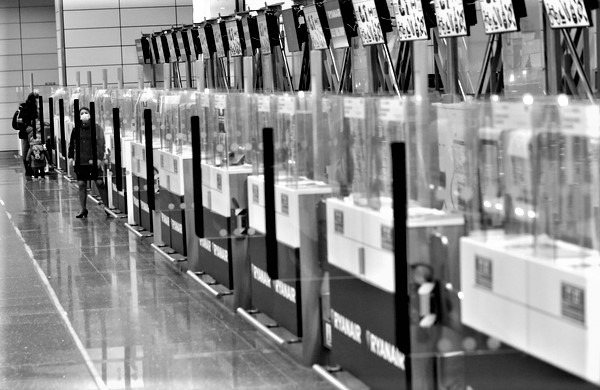One On March 2, 2020 I was at Orlando Airport, on my way home after a month in Florida, where I was working on an update for Lonely Planet. Covid was a reality, but the impact of it was yet to be properly defined, an amorphous portent of doom whose enduring inconvenience had yet to take its proper shape. I got talking to the Aer Lingus ground manager, who breezily predicted that all transatlantic flights would be grounded within a week, “two at most.” I was surprised by the audacity of his prediction; he may as well have declared that…
Cancel at any time. Are you already a member? Log in here.
Want to read the full story?
Unlock this article – and everything else on The Currency – with an annual membership and receive a free Samsonite Upscape suitcase, retailing at €235, delivered to your door.

